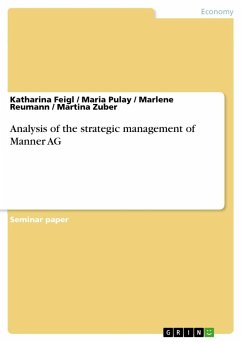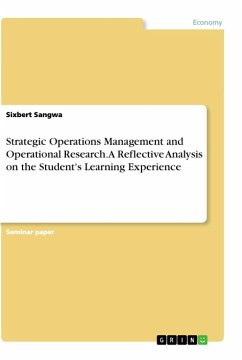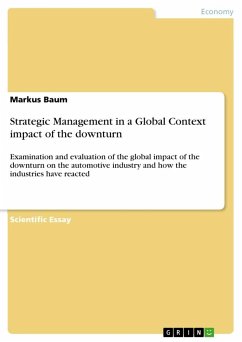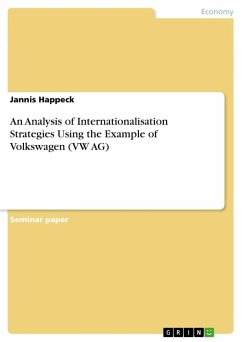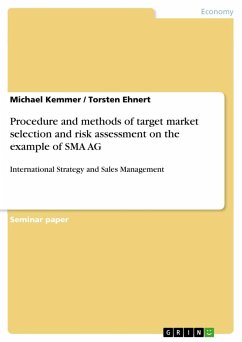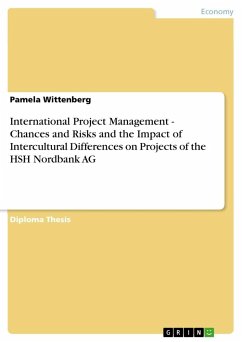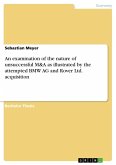Seminar paper from the year 2019 in the subject Business economics - Business Management, Corporate Governance, grade: 1,00, University of Applied Sciences Wiener Neustadt (Austria), language: English, abstract: The aim of this paper is to analyze the different strategy management approaches of the company Josef Manner & Comp AG - from now on shortly referred to as the Manner AG. Therefore, we are going to look at the Austrian family business as a whole, as well as the five best-known and well-liked confectionary brands it unifies: Manner, Casali, Napoli, Ildefonso and Victor Schmidt.In order to gain an understanding of the company, the history of and key facts for Manner AG are described in chapter 2. After that, we analyze the business strategy in chapter 3 to become aware of its specific business objectives: First of all, it is necessary to describe the umbrella branding strategy for the public company (chapter 3.1.). Then we look at the generic competitive strategies (chapter3.2.) and Strategy Clock (chapter 3.3.) for the five different brands and Manner AG as a whole. In chapter 3.3. we are trying to describe the Business Model Canvas for Manner AG. Afterwards, we are doing the same for the main competitors in the Austrian confectionery market: Milka (chapter 3.4.), Lindt & Sprüngli (chapter 3.5.) and Zotter (chapter 3.6.). In chapter 4 we look at the culture of Manner AG in combination with the Austrian culture. Chapter 5 is about the innovation strategies of the confectionary company so far, as well as what could be done in the future. As a significant part of the business strategy, chapter 6 is about business growth. Therefore, we look at Manner AG's growth strategy (chapter 6.1.), expansion (chapter 6.2.), modernization (chapter 6.3.) and external growth (chapter 6.4.). After that, we give recommendations for future growth in chapter 6.5. At the end of the paper in chapter 7 we summarize the main points of our findings.
Hinweis: Dieser Artikel kann nur an eine deutsche Lieferadresse ausgeliefert werden.
Hinweis: Dieser Artikel kann nur an eine deutsche Lieferadresse ausgeliefert werden.

